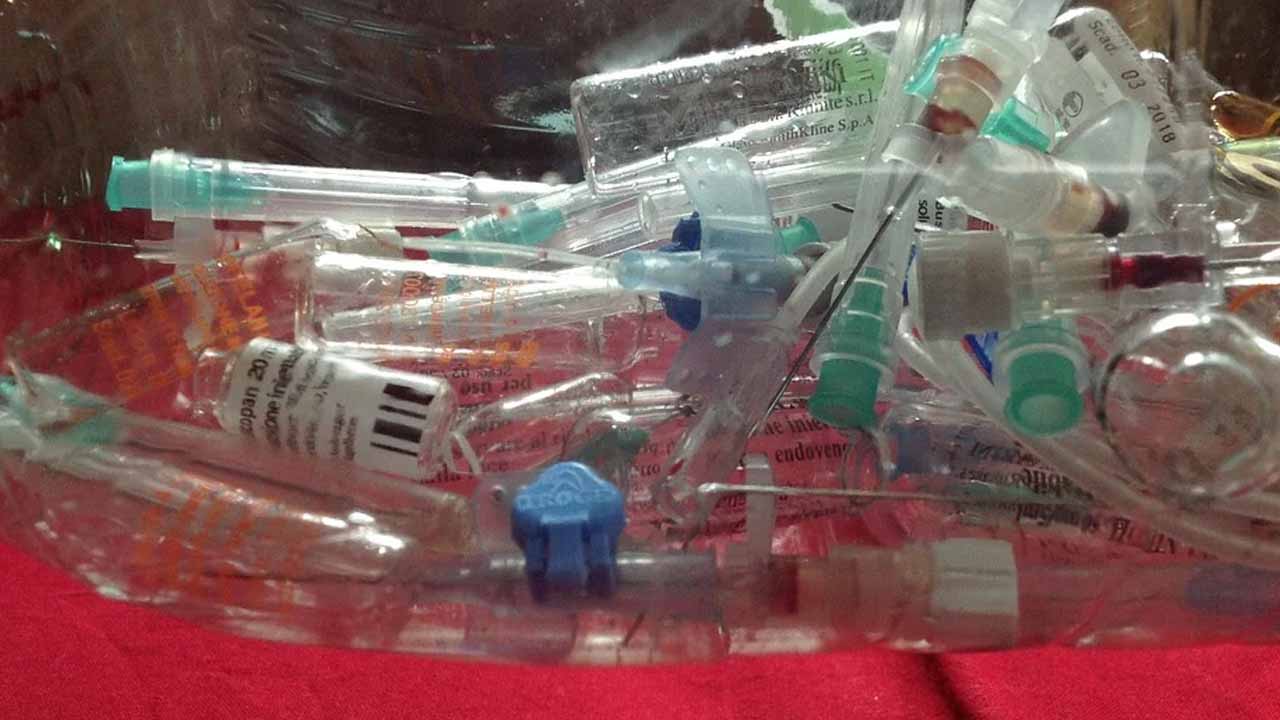According to a new report from the World Health Organization (WHO), tens of thousands of tonnes of additional medical waste from the response to the Covid-19 pandemic has strained healthcare waste management systems around the world, threatening human and environmental health and revealing the urgent need to improve waste management practices.
The report, The WHO Global Analysis of Healthcare Waste in the Context of Covid-19: Status, Impacts and Recommendations, bases its estimates on the approximately 87,000 tonnes of personal protective equipment (PPE) that were procured between March 2020 and November 2021 and shipped to meet countries’ urgent Covid-19 needs under a joint United Nations initiative. It is expected that most of this equipment will end up as waste.
The authors note that the study gives only the first indication of the scale of the Covid-19 waste problem and does not take into account Covid-19 products purchased outside the initiative, nor waste generated by the public, such as disposable medical masks.
The 71-page report pointed out that more than 140 million test kits, likely to generate 2,600 tonnes of non-infectious waste (mainly plastic) and 7,31,000 litres of chemical waste (equivalent to a third of an Olympic swimming pool) have been sent, while more than 8 billion doses of vaccines have been administered worldwide, generating 1,44,000 tonnes of additional waste in the form of syringes, needles and safety boxes.
Today, 30% of healthcare facilities (60% in the least developed countries) are not equipped to handle existing waste, let alone the added burden of Covid-19, the report noted.
This potentially exposes healthcare workers to needlestick injuries, burns and pathogenic microorganisms, while impacting communities living near landfills and poorly disposed waste sites, due to contaminated air from burning waste, poor water quality or disease-carrying pests.
“Covid-19 has forced the world to wake up to the gaps and overlooked aspects of the waste stream and how we produce, use and dispose of our health resources, from cradle to grave,” said the Director of the Department of Environment, Climate Change and Health at WHO, Dr Maria Neira.
Significant change at all levels, from the global to the hospital floor, in how we manage the health care waste stream is a basic requirement of climate-smart health care systems, which many countries committed to at the recent UN Climate Change Conference, and, of course, of a healthy recovery from COVID-19 and preparedness for other health emergencies in the future, the WHO said.





























